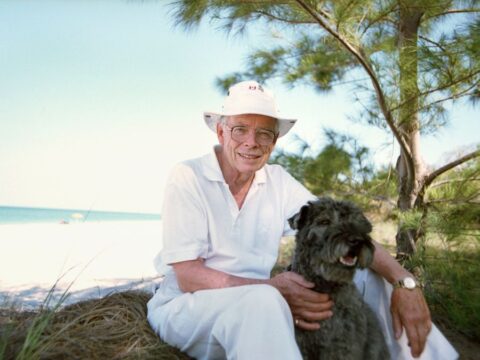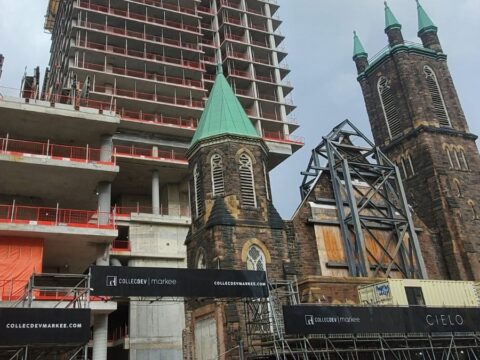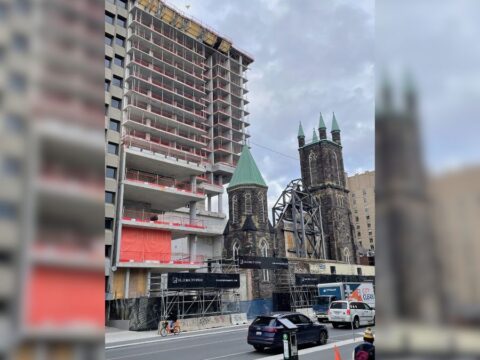My partner, Laura Fouhse, and I were discussing Advent the other day. I know that this is one of her favourite seasons, so I asked her, “What is it that you love so much about Advent?” She replied, “I love being reminded again of the story. It’s a beautiful story, full of anticipation, uncertainty, and hope. Sure, we already know how it turns out, but I still get caught up in it every year.”
I sat for a moment, thinking about this. I too, love the Christmas story: it’s rich with imagery, wonder, surprising plot twists, villains and unlikely heroes. I enjoy digging into its depths each year to pull out wisdom for today. But as I considered what Laura had said, I was struck by her words: “We already know how it turns out. . . ” And I thought: Do we? Is the story already complete? Have we even gotten to the end yet?
You may unsubscribe from any of our newsletters at any time.
If we think of the Advent/Christmas story as an accounting of events that took place over 2,000 years ago, culminating in the birth of Jesus, then yes, I suppose we do know how it ends. But is that really all it’s about? What I find most compelling about the story of God entering the world in human form is what it reveals about who God is, and how God is present and works among us. That’s not a story that wrapped up 2,000 years ago. That story is still unfolding all around us. I have no idea how it will end, or what twists and turns it may take, or what kind of unlikely heroes may yet emerge.
I love to hear and reflect on the Christmas story year after year because it reminds me to look and listen for where and how Christ is present in the world today. Where is love overcoming fear? Where are people choosing vulnerability and trust over domination? How is hope being restored to those who are despairing? What are the signs that peace is being born among us?
This year, as I reflect once again on the incarnation narrative, I think about a man I met this past summer in northern Manitoba. I was at a gathering of mostly United Church folks in Fisher River Cree Nation. We were talking about respect for different spiritual traditions and how to overcome divisions that had become entrenched in the community.
Sheldon Cote spoke up. He said that for years he had been holding a lot of anger and resentment toward the church because of its history in his community and its role in the residential school system. He blamed the church and church people for many of the hurts and divisions on the reserve. Recognizing that his own feelings of anger and bitterness were contributing to the disunity around him, he decided to do something about it. His solution? He started going to church.
“I needed to get to know church people as people,” he explained. “It’s so easy to hate people you don’t really know. All you have is your stereotypes and resentments. I decided it was time to get to know the Christians in my community, so that I would stop hating them.” Cote is now a regular at the United church in Fisher River. He even sits on the property committee.
As I listened to Cote’s testimony, I was deeply moved by the power of humility and compassion to bring transformation and hope. I wanted to shout his story from the rooftop; and I wondered how something so profound could be unfolding so quietly among such unassuming people in such an out-of-the way place.
This Christmas, as I read the story of how God’s love became incarnate in human flesh, I will think of Cote. I will think about how he chose to overcome deep hurts and divisions by humbling himself and becoming vulnerable. Of how he refused the path of judgment and blame, and opted instead for the long, costly road of walking in solidarity with his neighbour. And how he did this without knowing or being able to control how it would all turn out.
This year, as I sing, “O Little Town of Bethlehem,” I will picture Fisher River. I will offer up a silent prayer of thanksgiving for the great privilege it was to witness yet another chapter in the ever-unfolding story of the incarnation. And I will keep my eyes and ears open for where the next part of the story is being written.
This story originally appeared in the December 2016 issue of The Observer with the title “A story still unfolding.”













